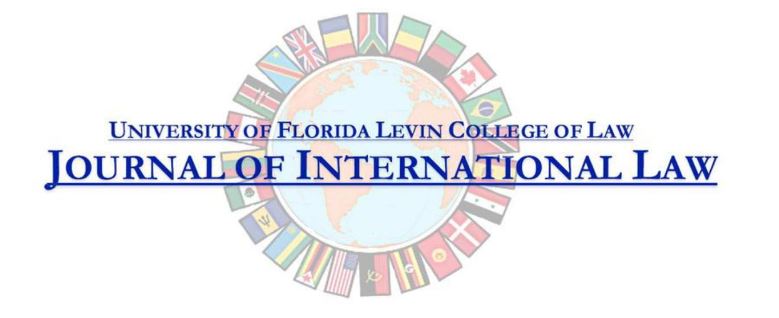
Abstract
The past two decades have seen an explosion of memory laws, especially in Eastern Europe, and an explosion of objections to them. According to critics, memory laws (i) violate freedom of speech, (ii) create an official history, and (iii) foster a narrow, particularistic politics. This essay evaluates these competing arguments. The tendency to oppose memory laws on free speech grounds, or as state-enforced history, does not get at the deeper, political threat posed by a newer generation of more particularistic memory laws. At the same time, however, the political objection leans on an a priori premise that a nationalistic, exclusionary form of politics is morally illegitimate – which can be hard, pragmatically, for opponents of memory laws in Poland, Hungary or Russia to raise directly. Consequently, memory law opponents should emphasize universalistic objections based on speech and academic freedom while remaining sensitive to the exclusionary nature of some memory laws. As a final point, the academic study of memory laws would grow if it saw exclusionary memory laws as part of broader political project that, in countries like Denmark and Hungary, shapes the polity by restricting immigration and indoctrinating immigrants.
Recommended Citation
Kahn, Rob
(2021)
"Free Speech, Official History and Nationalist Politics: Toward a Typology of Objections to Memory Laws,"
Florida Journal of International Law: Vol. 31:
Iss.
1, Article 2.
Available at:
https://scholarship.law.ufl.edu/fjil/vol31/iss1/2